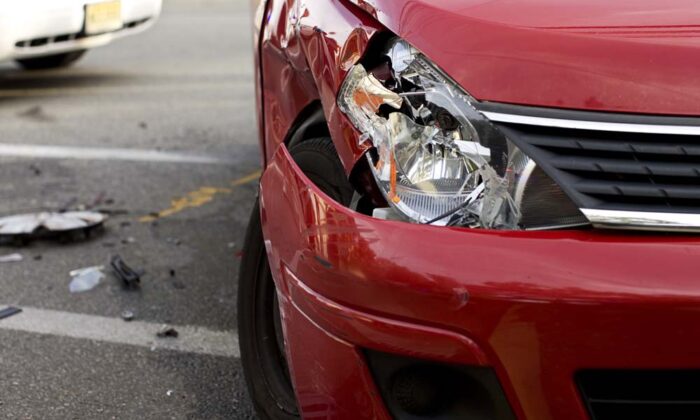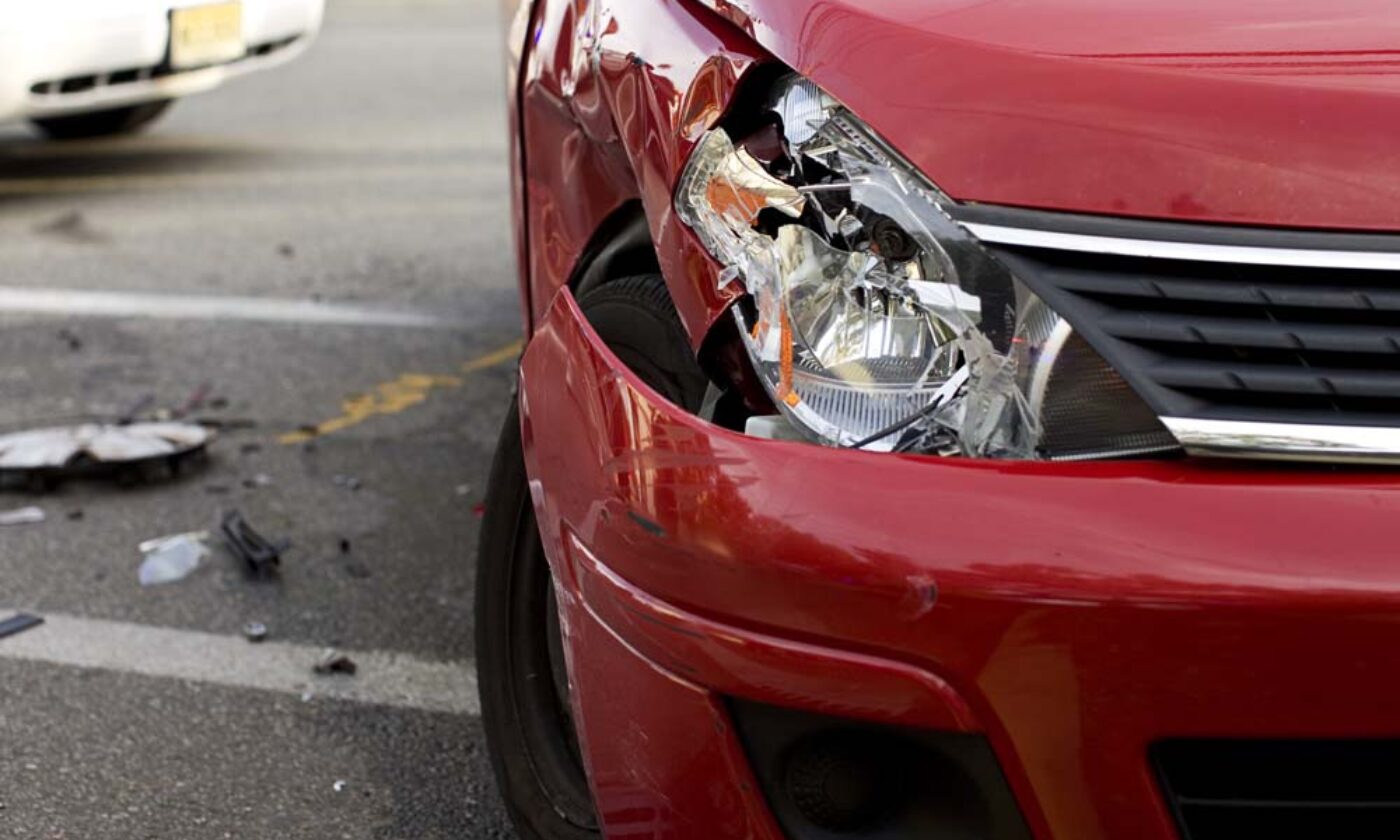Workers Compensation
What are the types of injuries I can claim Workers Compensation for?


As an employee, you have the right to a safe working environment.
However, there are always instances where things can go wrong and result in an injury to yourself or your coworkers. The process of claiming workers compensation is complicated and best left to expert lawyers.
5 common workers compensation injuries you can claim
Explore some of the most common injuries which you can claim.
1. Repetitive Stress Injuries
RSIs are also referred to as repetitive motion injuries, cumulative trauma disorders, and repeated motion injuries. They refer to injuries which occur in the workplace due to repetitive manual labour.
- Back injuries due to years of heavy carrying
- Tendinitis due to years of heavy lifting
- Hand joint issues due to years of repeated hand gestures (common in mining and poultry industries)
2. Slips, Trips and Falls
Injuries caused by slips, trips and falls are usually preventable accidents and can be properly managed by implementing a risk assessment plan. These injuries typically occur as a result of:
- Slippery surfaces that are not signposted properly
- Inadequate lighting in walkways and stairways
- Inappropriate storage of materials thereby creating tripping hazards
3. Occupational/Workplace Illness
These are injuries or conditions that have developed or been aggravated as a direct result of work or working conditions over a period of time. That said, for your claim to be compensated, your illness needs to be recognised as an industrial injury.
Examples of this type of injury might include:
- A builder who’s been exposed to asbestos develops mesothelioma
- Hearing loss developed as a result of workplace noise
- Allergy aggravation or asthma as a result of allergens in the workplace
4. Mental Conditions
Although claims for mental health and psychological stress are less common than physical injury claims, this is still an important aspect of an employee’s wellbeing. The difficulty, in these instances, lies in proving that the mental condition has developed as a result of incidents that have specifically occurred in the workplace. Examples of this might include:
- Post-traumatic stress disorder from witnessing a workplace death or injury
- Anxiety and depression developed as a result of workplace bullying
- Trauma suffered as a result of workplace violence or sexual assault
5. Injuries While Travelling
If you have sustained an injury while travelling to or from work, the situation becomes a bit more complicated. In NSW, there is no compensation awarded if you are travelling from your house to your place of work (or vice versa), unless there is a “real and substantial connection between the employment and accident or incident out of which the personal injury arose”. This means that you are likely to have a case if:
- If you directed to perform a work-related task on your way to work
- You have been directed to travel to a location other than your office
- You are travelling to directly meet a client
- You have been involved in an accident after work due to fatigue from long working hours
Understand your employee rights if you’re injured working from home.
LHD Lawyers help everyday Australian’s receive the benefits they are entitled to. We are so sure of our abilities to win your case that we stand firmly by our No Win No Fee Policy. Contact us today or call 1800 455 725 to arrange a consultation.
Author: Jasmina Mackovic
Original Publish Date: August 9, 2018
Last Updated: March 25, 2024

Check if you’re eligible or get free claim advice now



